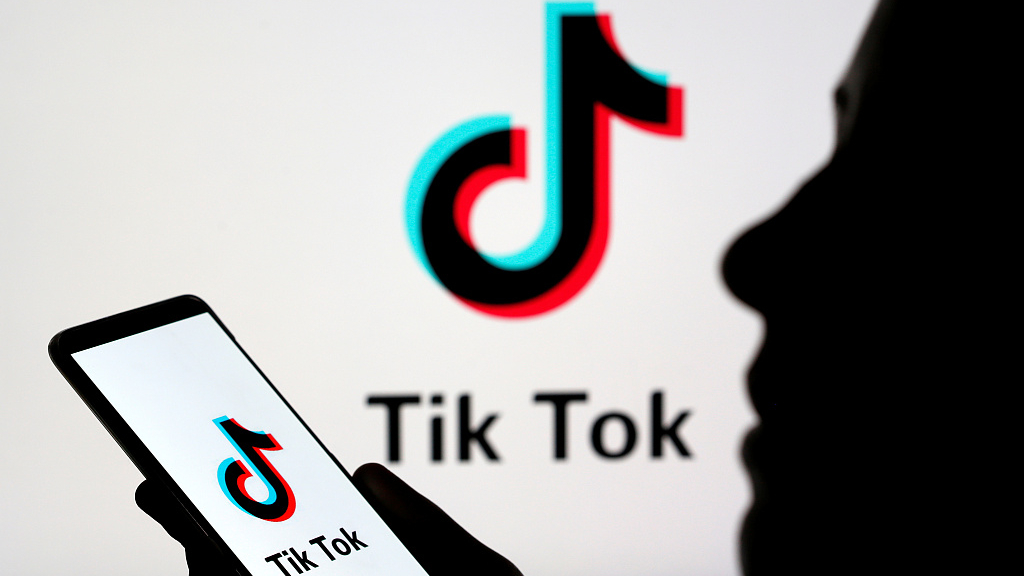
U.S. army bans Tiktok on government-owned phones.
U.S. army bans Tiktok on government-owned phones.
Tiktok, the latest epicenter of the "Gen Z" Internet culture, is better known for being the place where viral memes and goofy videos took off, not a subject to be discussed alongside international politics.
That was until the U.S. government deemed the social network, owned by Chinese tech company ByteDance, a "national security" threat. The Pentagon this week banned the use of Tiktok by its personnel on government-owned phones.
But just two months ago, U.S. Army recruiters thought the popular app was a useful way to reach out to the younger generation, amid calls by some lawmakers for a national security review. The service announced in September that it surpassed its recruiting goal for the fiscal year 2019, according to U.S. military and veteran organization Military.com.
Tiktok responded to the concerns earlier with an official statement on its website, stating that the company's data centers are located entirely outside of China, including the U.S. and Singapore, and are not subjected to Chinese law.
In regards to alleged censorship on behalf of the Chinese government, the company insists that it does not remove content based on sensitivities related to China. "We have never been asked by the Chinese government to remove any content and we would not do so if asked. Period," the statement reads, adding that its U.S. moderation team in California reviews content for adherence to U.S. policies and is not influenced by any foreign government, including the Chinese government.
In its first transparency report released on December 2019, the company says that in the first half of 2019, the platform received no takedown or user information requests from China, where the app is not available.
Known as the "overseas version" of its Chinese original Douyin, Tiktok is entirely independent of Douyin, a spokesperson from the Chinese team confirmed to CGTN.
With over 1.5 billion users worldwide and 60 percent of active users under the age of 24, Tiktok has emerged as a highly successful social media app in recent years, surpassing big players like Facebook, YouTube, and Instagram as the most downloaded app in Apple Store, in the first quarter of 2019. Its Beijing-based parent company ByteDance is now the world's most valuable startup.

Tiktok is hugely popular with U.S. young people. /AP Photo
Tiktok is hugely popular with U.S. young people. /AP Photo
The U.S. has been going after some of China's biggest names in technology throughout last year. Led by hawkish senators like Marco Rubio and Tom Cotton, U.S. policymakers launched a high-profile crackdown on telecom giant Huawei and accused Chinese firms left and right of spying for Beijing, while threatening U.S. allies against using China-built 5G network.
Some experts believe China's tech industry has moved up the value chain. "China tech is going global, going mainstream, and shaking things up more than ever," said Rebecca Fannin, founder of technology consultancy Silicon Dragon, as quoted by Bloomberg. "More U.S. startups will follow China's business models."
That, of course, did not escape notice. The Independent newspaper on November 14 published an article with the title "Instagram's new reels feature is almost an exact copy of Tiktok."
But just like every other Chinese company that has achieved success beyond the country's borders, ByteDance has found itself in the whirlwind of America's economic war against China.
Read more: The opportunistic demonization of TikTok
Despite increasingly hostile rhetoric from the U.S. side, many in the Chinese tech industry have often looked up to the U.S. as their inspiration for entrepreneurship, particularly the country's value of the free market. Huawei's Ren Zhengfei even attributed his company's corporate culture to what he called "American spirit."
However, as business interests continue to be sidelined by China-U.S. rivalry, as TechCrunch has noted, the market can only be less free from what it could be.